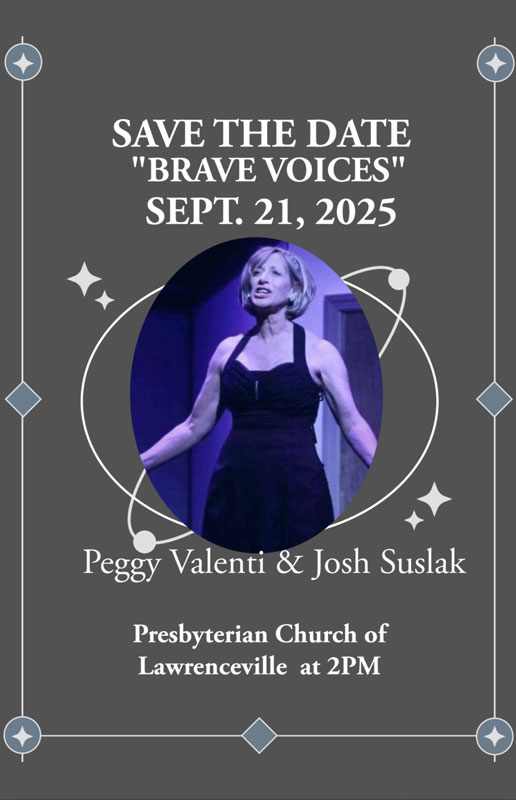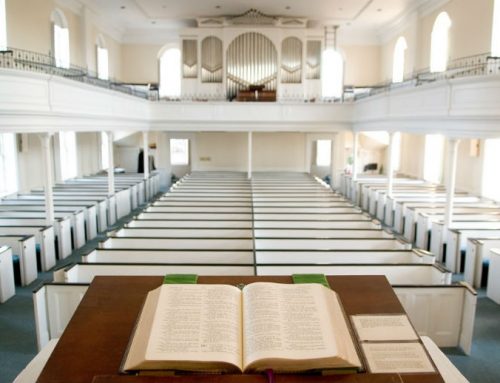Did Jesus Laugh?
This is the central question around which the mystery novel The Name of the Rose, by Umberto Eco, turns—a book most worthy of reading, not only for its clever plot, but for the theological education it offers its reader. There are some who would say no to that question, and would deny a divine role for laughter. But, the biblical and theological witness might say otherwise.
In his book Laughter: A Theological Reflection, Karl-Josef Kuschel writes of the ambiguous way in which the ancients regarded laughter. Plato saw laughter as something to avoid, whereas Aristotle saw it as healthy because it is characteristics of human beings.
Though some of the early church fathers (such as St. John Chrysostom) denied the laughter of Christ, many found it easy to identify laughter – so characteristic of human joy – with an intimate experience of divine grace. The biblical witness knows the joy of human laughter, as we see from Sarah’s laughter at God’s proposition of a child in old age. St. Paul identifies the gospel of Christ with what is “foolish in this world,” which shames the wisdom of the wise. In John’s Gospel, the very first miracle (“sign”) is a joyful party with singing and laughing, a wedding feast in which Jesus turns water into wine. Kuschel writes of the “messianic jubilation”, the joy and healing of the Christian message, including God’s acceptance of sinners, which must necessarily express itself in divine laughter. He also details a German preaching tradition (not unlike the theme for this Sunday) that allowed the telling of even off-color jokes and stories during the Easter season as a way of rejoicing in the triumph over death that Easter represents.
Risus Paslchalis, the Easter Laugh: should we bring back this ancient tradition of the Christian Church? Presbyterians are not well known for their experience or expressiveness of joy. One of our members emailed me recently, for example, and mentioned that he thought we needed to be more joyful; so much of what we do seems so somber. Sure, we need to be able to sing the blues…to remember the words of Khalil Gibran, that “the lute that plays your music is also the lute that was whittled with knives.” But the corresponding experience to that of suffering love, as we witness on the cross…is JOY.
Now, I have met Mark’s challenge of a blog entry two weeks after Easter! I have discovered how difficult it is to be consistent with a discipline of “blogging”. But, I’m still working on it. The life of a clergy person seems filled with the ebb and flow of urgent business, which all never gets done.
And indeed, I still have a draft of my Mission Statement (I’ve written several in my life), but don’t want to release that here until I’ve really made it my own for this period in my life.
So…back to laugher. What ideas do we have to combat the oft-heard reputation of Presbyterians, that we are indeed “the frozen chosen.” Reputation well-deserved? What can we do about it? Shall we practice “Holy Humor Sunday” every year the Sunday after Easter?
Be well, and blessings,
Jeff V.



